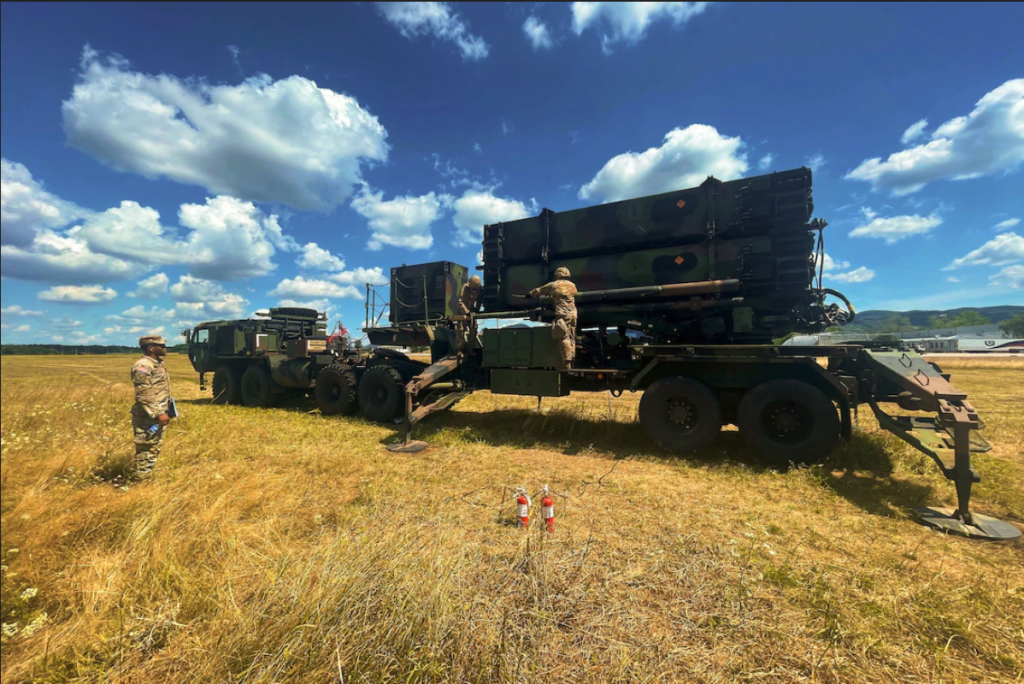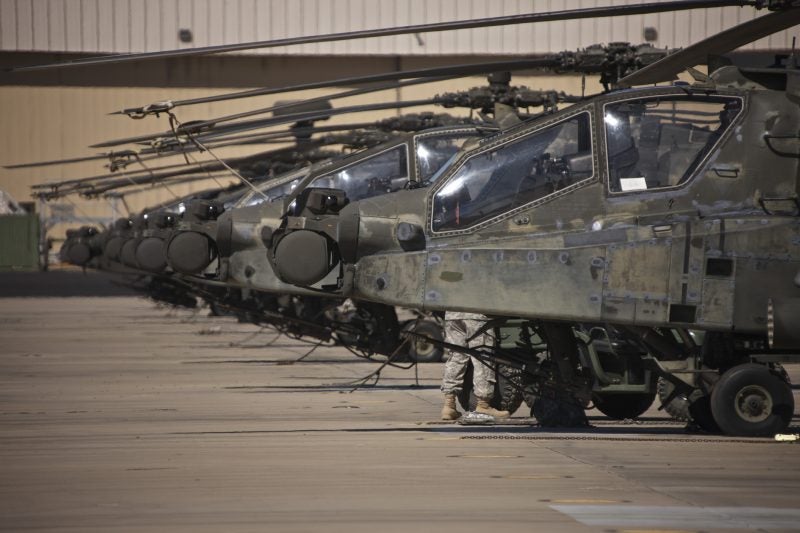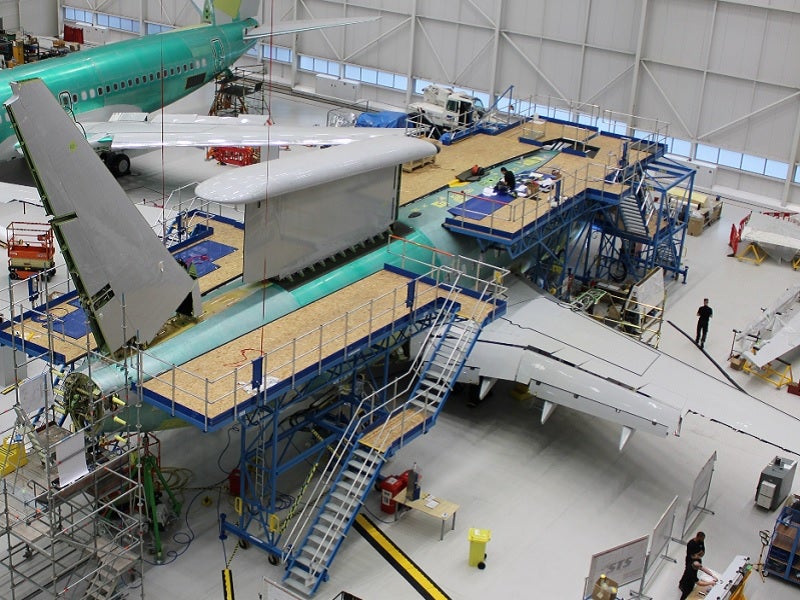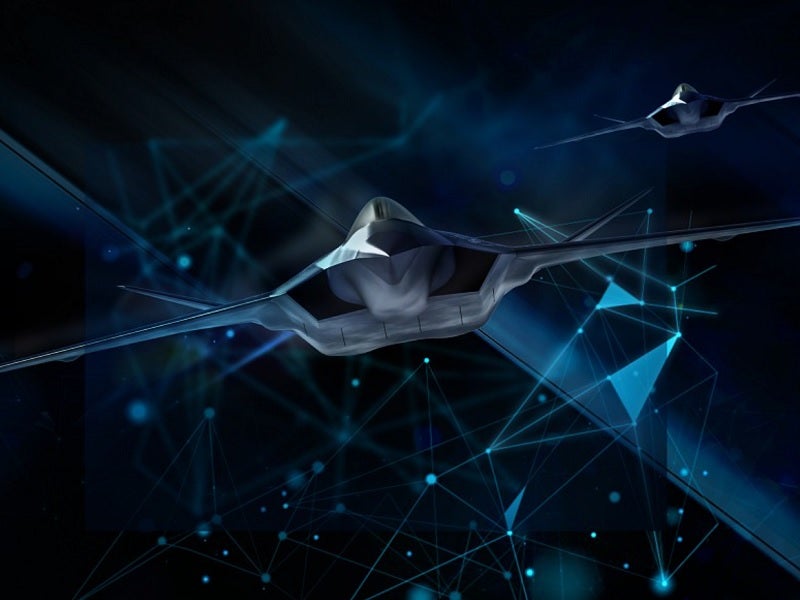
The assessment comes from GlobalData’s Thematic Research ecosystem, which ranks companies on a scale of one to five based on their likelihood to tackle challenges like artificial intelligence and emerge as long-term winners of the aerospace and defence sector.
According to our analysis, Leidos, Boeing, Ge, L3 Harris Technologies, Airbus, AECOM, ManTech International, Perspecta and Bechtel are the companies best positioned to benefit from investments in artificial intelligence, all of them recording scores of five out of five in GlobalData’s Defense Thematic Scorecard.
Leidos, for example, has advertised for 1,007 new artificial intelligence jobs from October 2020 to September 2021; registered three patents; and mentioned artificial intelligence in company filings eight times.
Boeing indicated good levels of AI investment, with the company looking for 793 new artificial intelligence jobs since October 2020 and mentioning artificial intelligence in filings five times.
The table below shows how GlobalData analysts scored the biggest companies in the aerospace and defence industry on their artificial intelligence performance, as well as the number of new artificial intelligence jobs, deals, patents and mentions in company reports since October 2020.
<iframe id=”datawrapper-chart-m9fT8″ style=”width: 0; min-width: 100% !important; border: none;” title=”Leidos is one of the top artificial intelligence performers in the airforce industry” src=”https://datawrapper.dwcdn.net/m9fT8/1/” height=”581″ frameborder=”0″ scrolling=”no” aria-label=”table”></iframe><script>!function(){“use strict”;window.addEventListener(“message”,(function(e){if(void 0!==e.data[“datawrapper-height”]){var t=document.querySelectorAll(“iframe”);for(var a in e.data[“datawrapper-height”])for(var r=0;r<t.length;r++){if(t[r].contentWindow===e.source)t[r].style.height=e.data[“datawrapper-height”][a]+”px”}}}))}();
</script>
Higher numbers usually indicate that a company has spent more time and resources on improving its artificial intelligence performance, or that artificial intelligence is at least at the top of executives’ minds. However, it may not always mean that it is doing better than the competition.
A high number of mentions of artificial intelligence in quarterly company filings could indicate either that the company is reaping the rewards of previous investments, or that it needs to invest more to catch up with the rest of the industry. Similarly, a high number of deals could indicate that a company is dominating the market, or that it is using mergers and acquisitions to fill in gaps in its offering.
Nevertheless, these trends are useful in showing us the extent to which top executives in the aerospace and defence sector – and at specific organisations – think about artificial intelligence and the extent to which they stake their future on it.
<i>This article is based on <a href=”https://www.globaldata.com/thematic-research/” target=”_blank” rel=”noopener”>GlobalData research figures</a> as of 10 November 2021. For more up-to-date figures, check the GlobalData website.</i>




